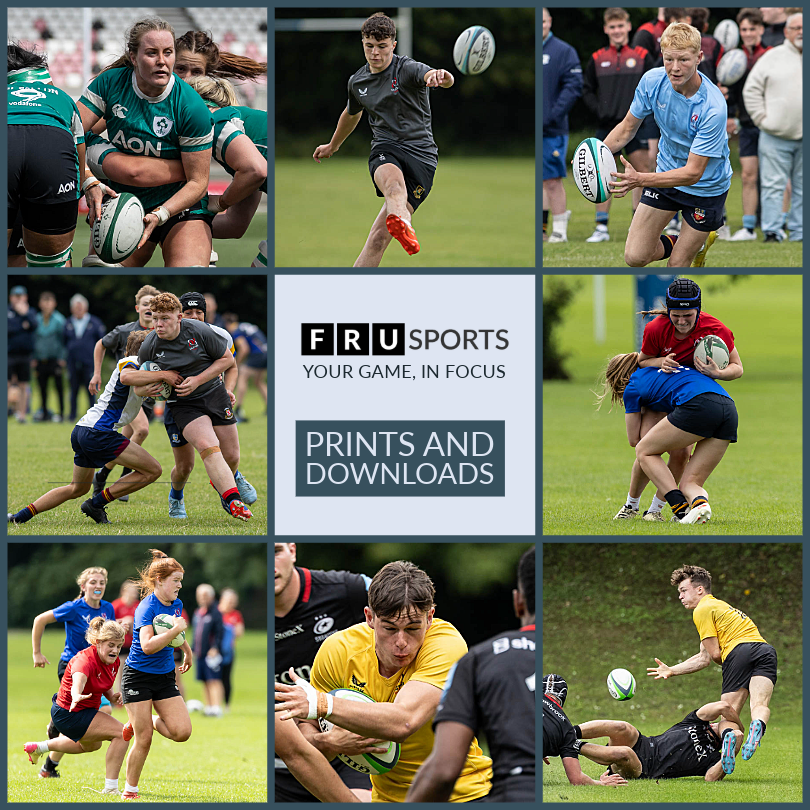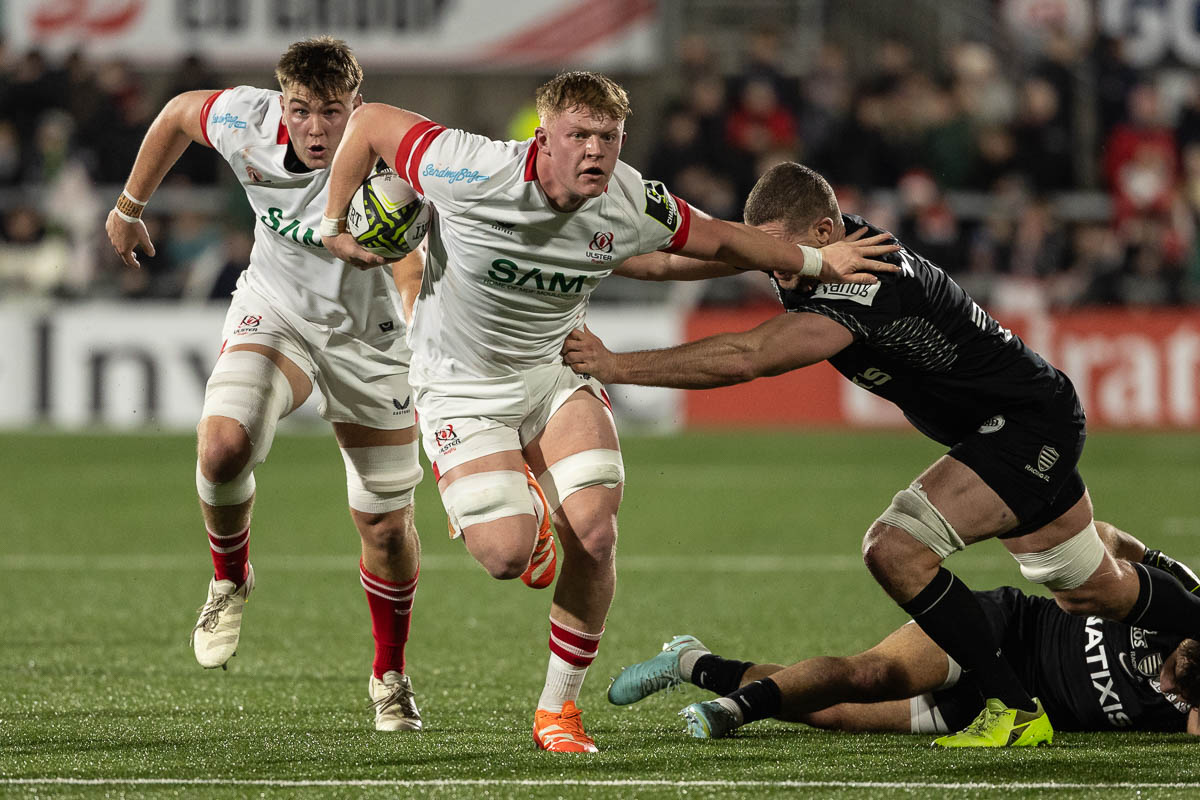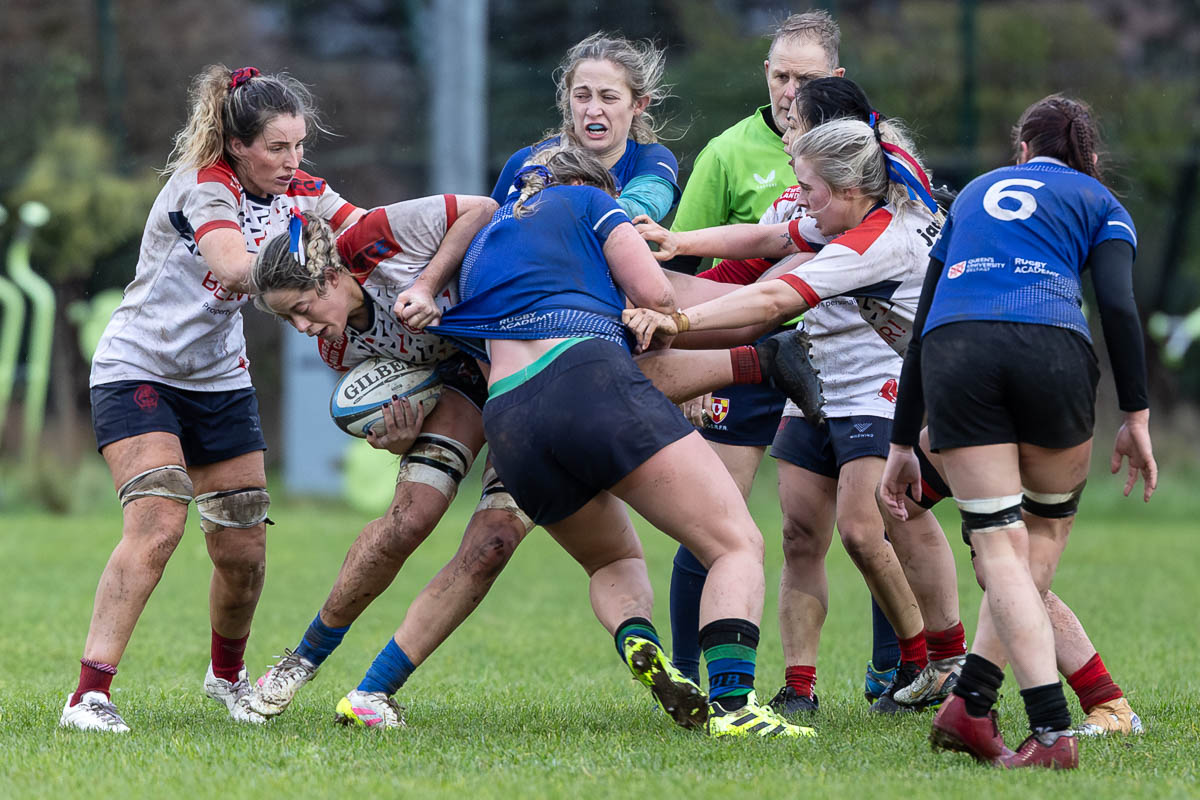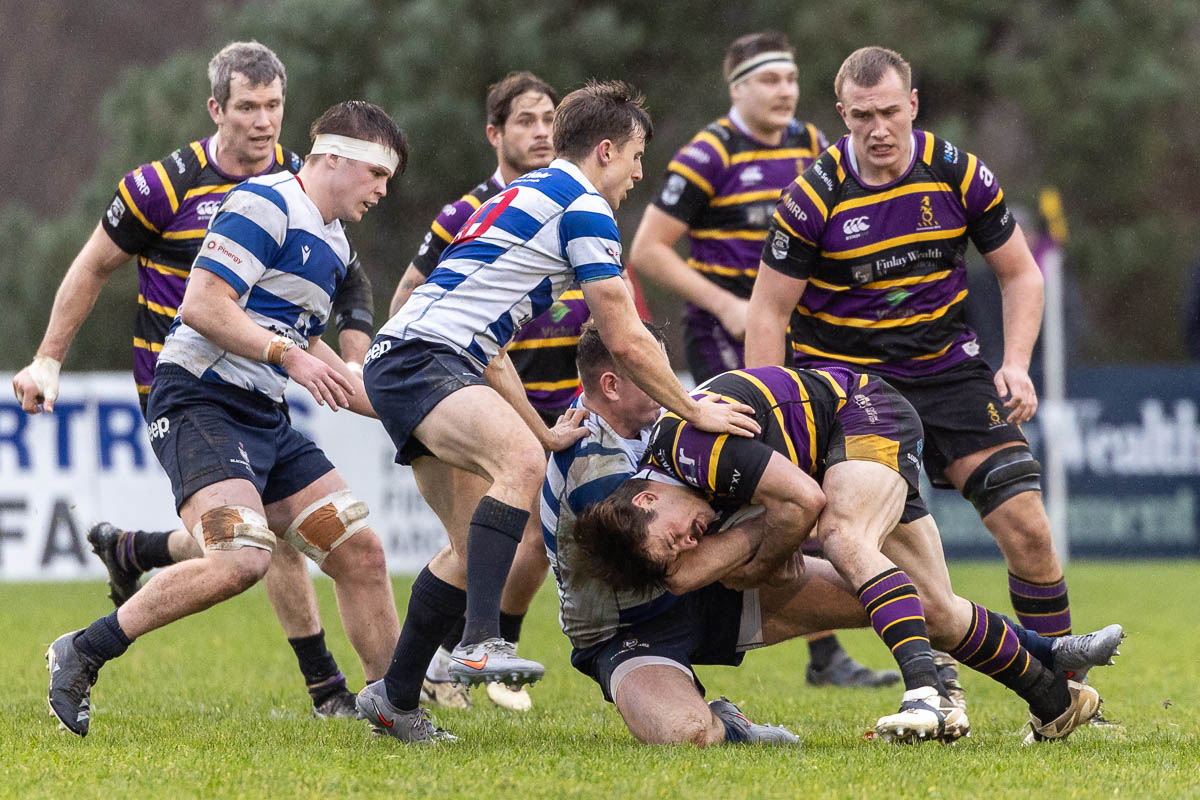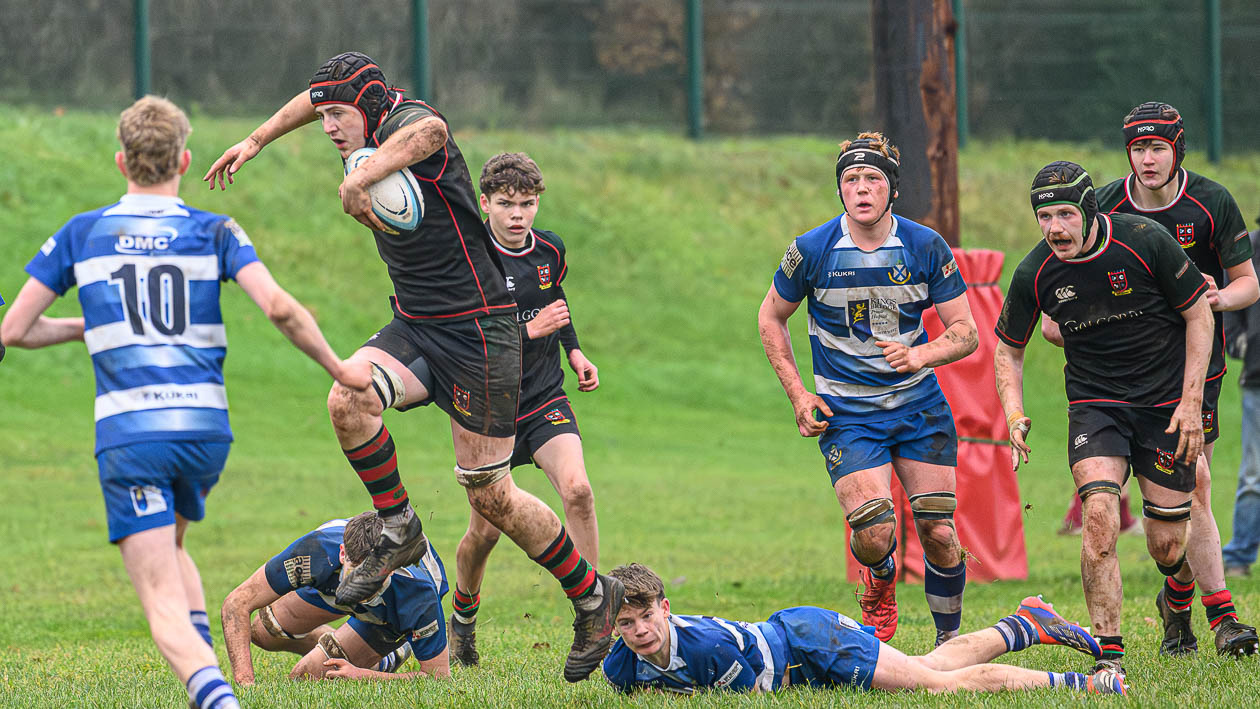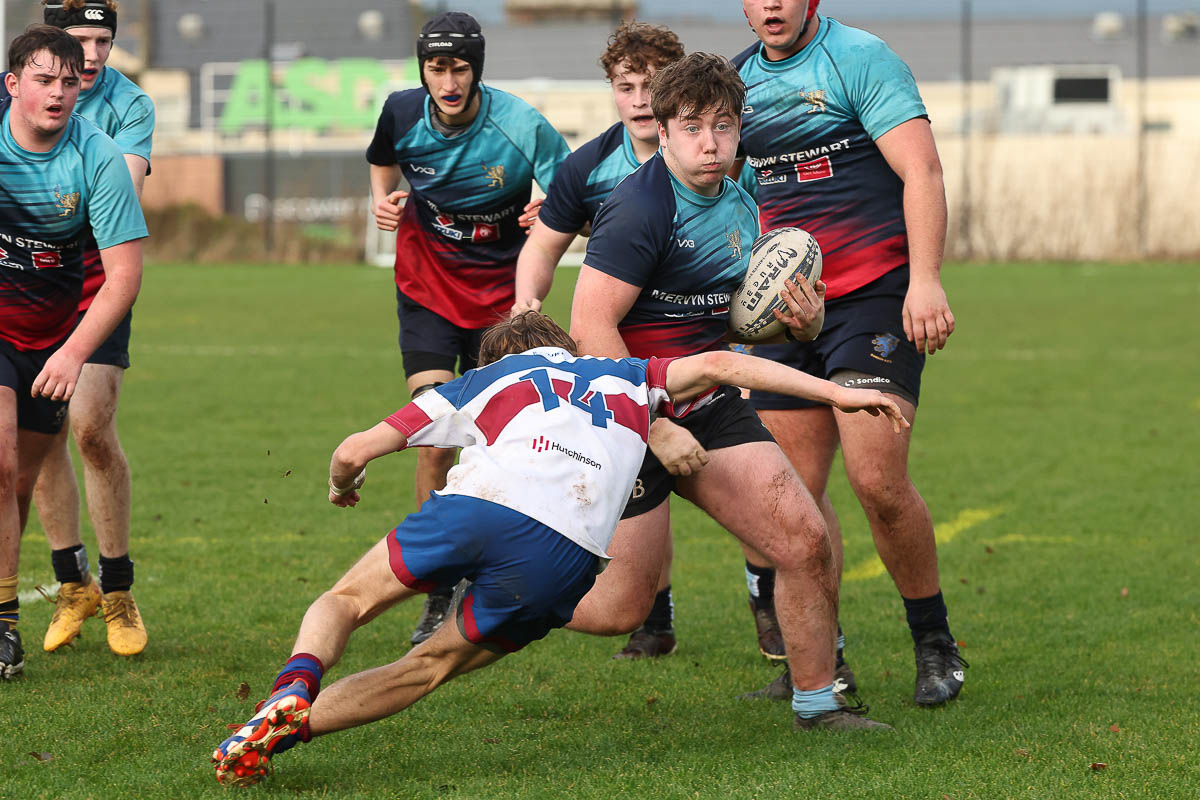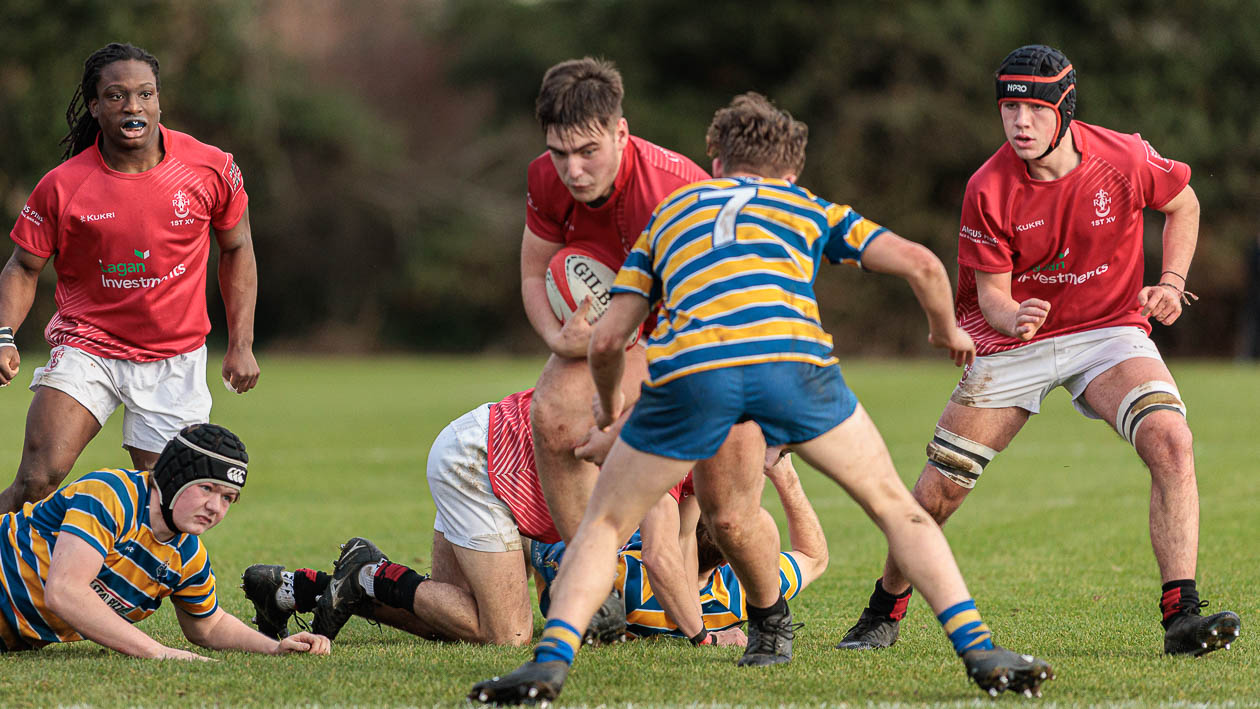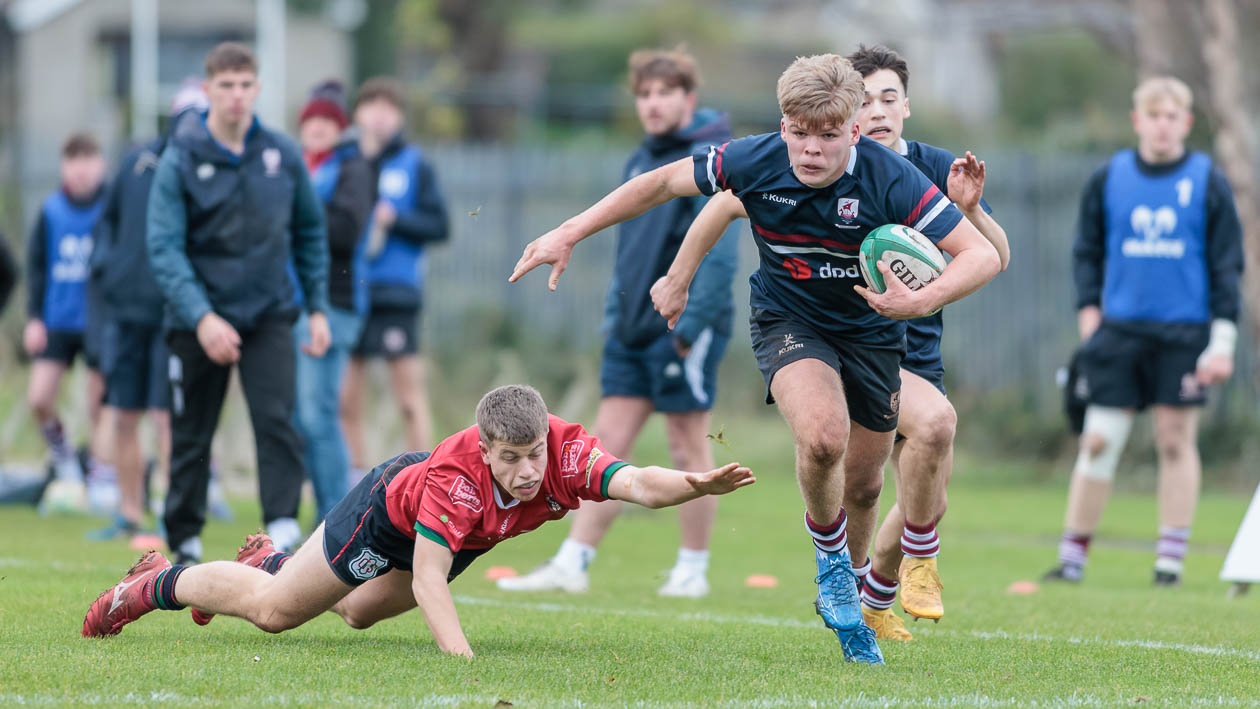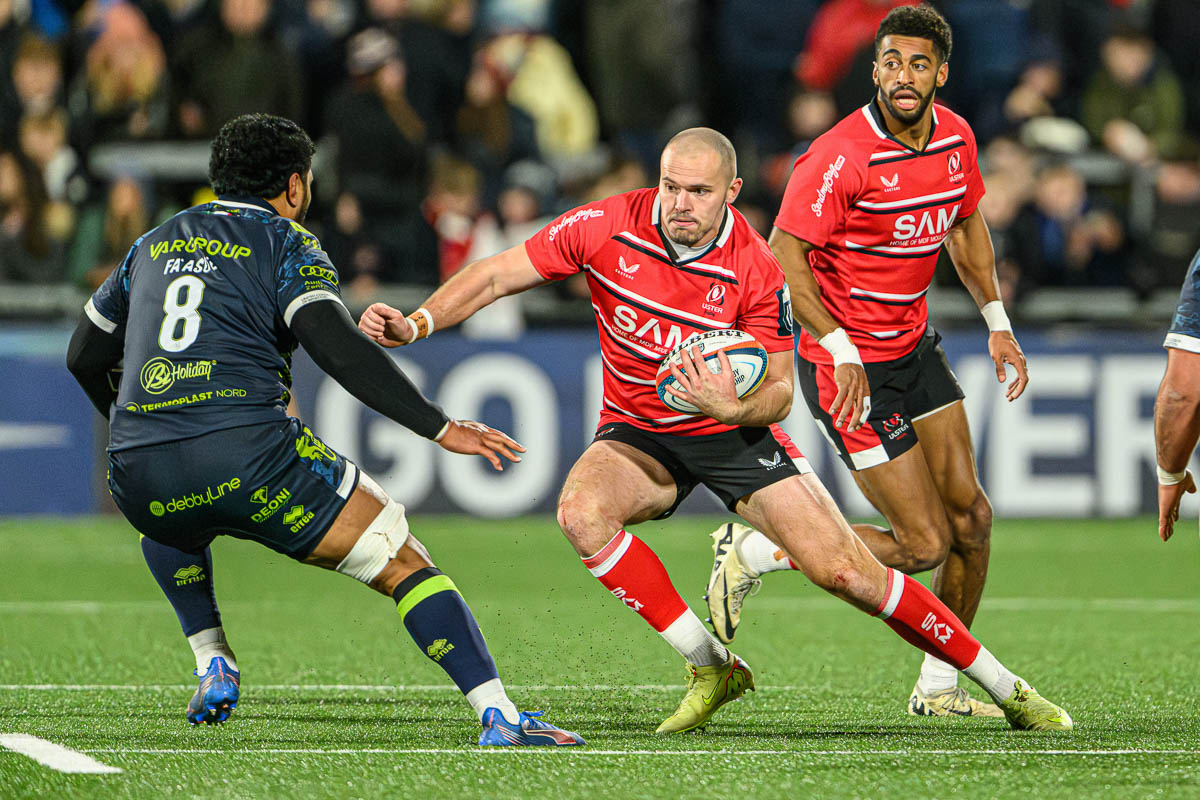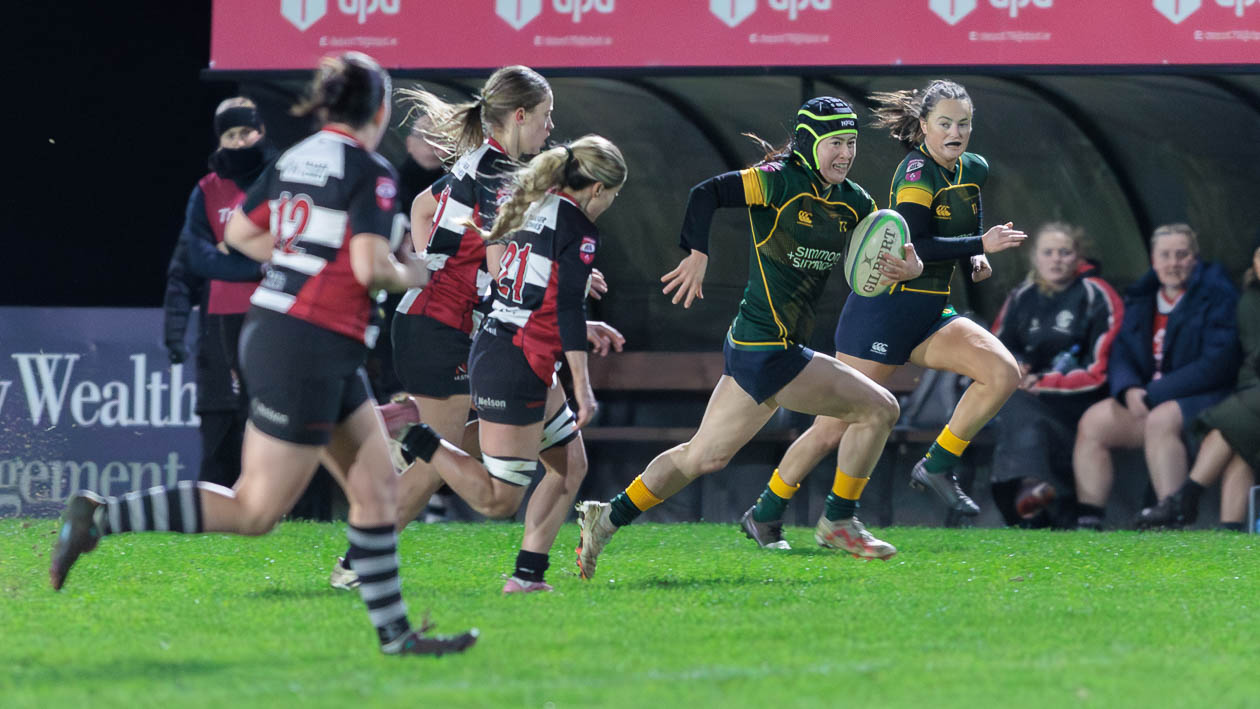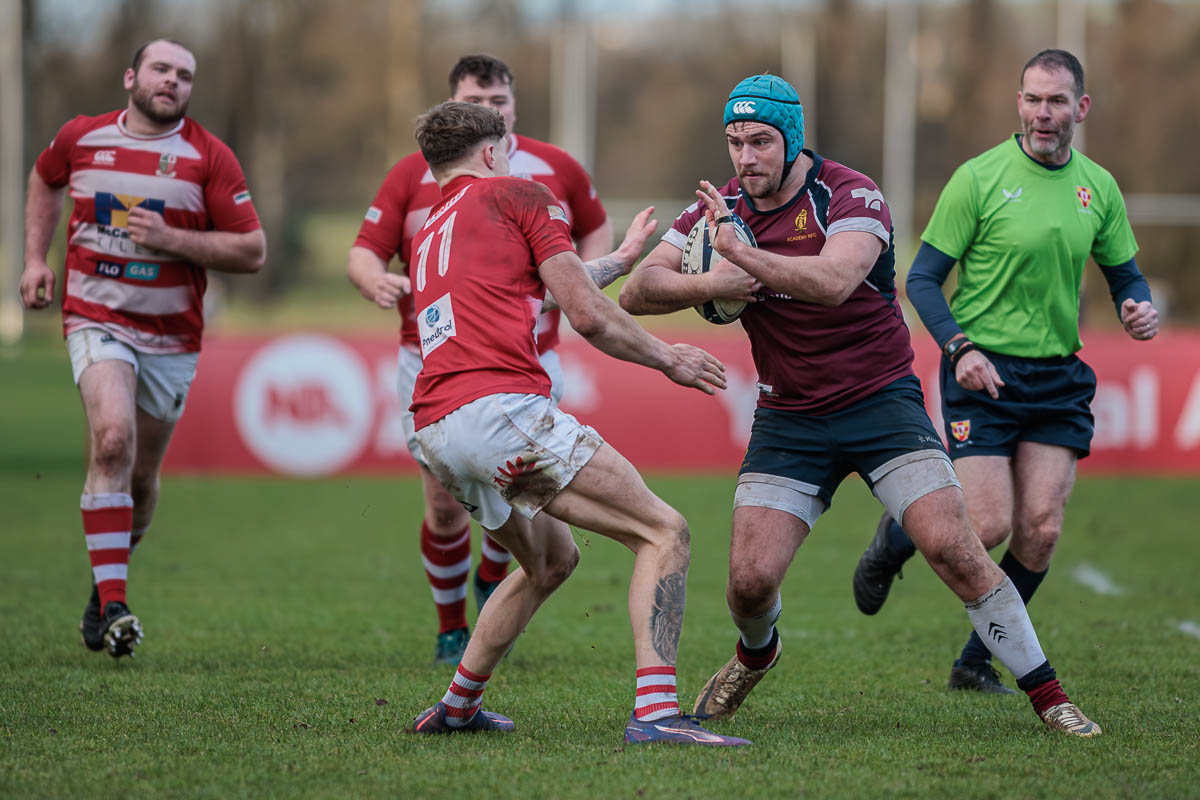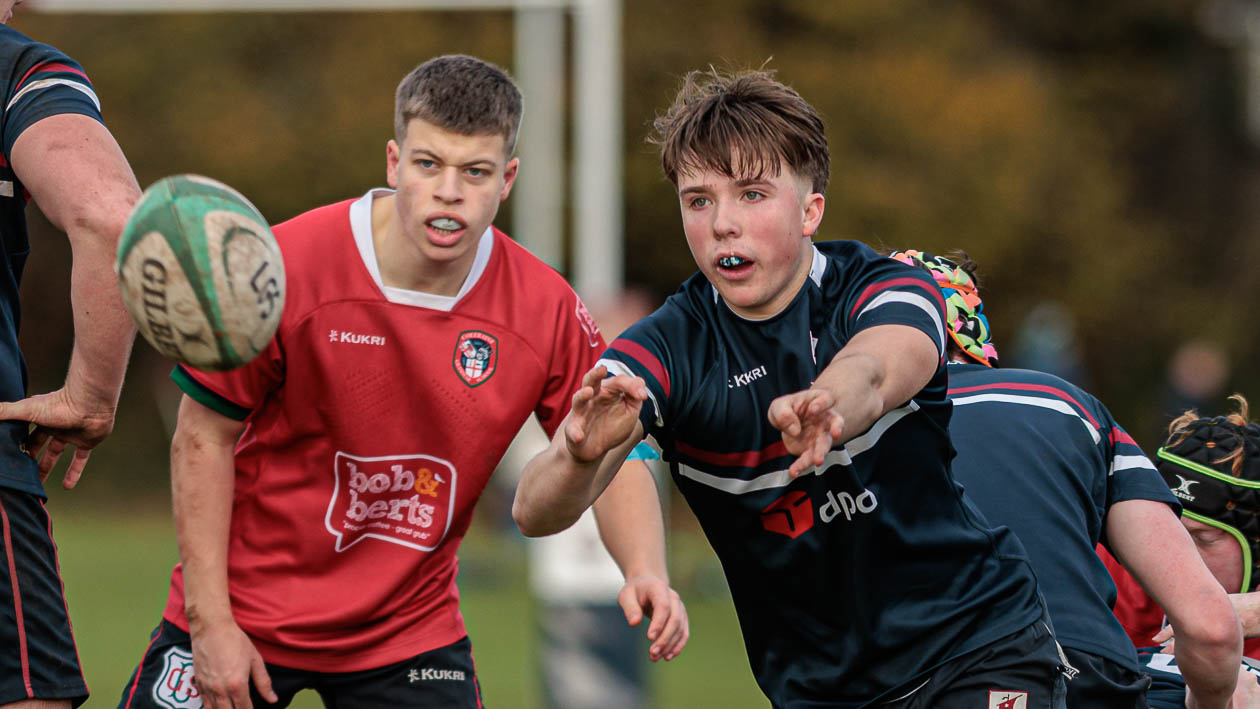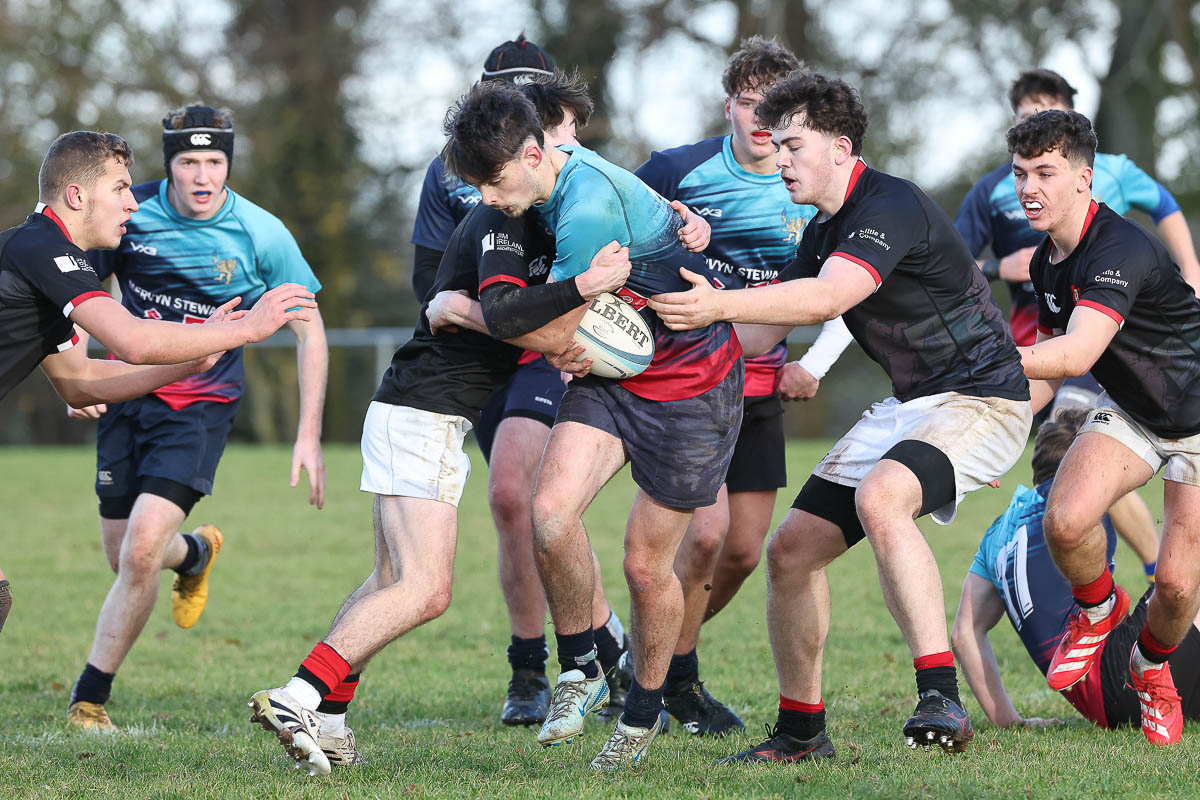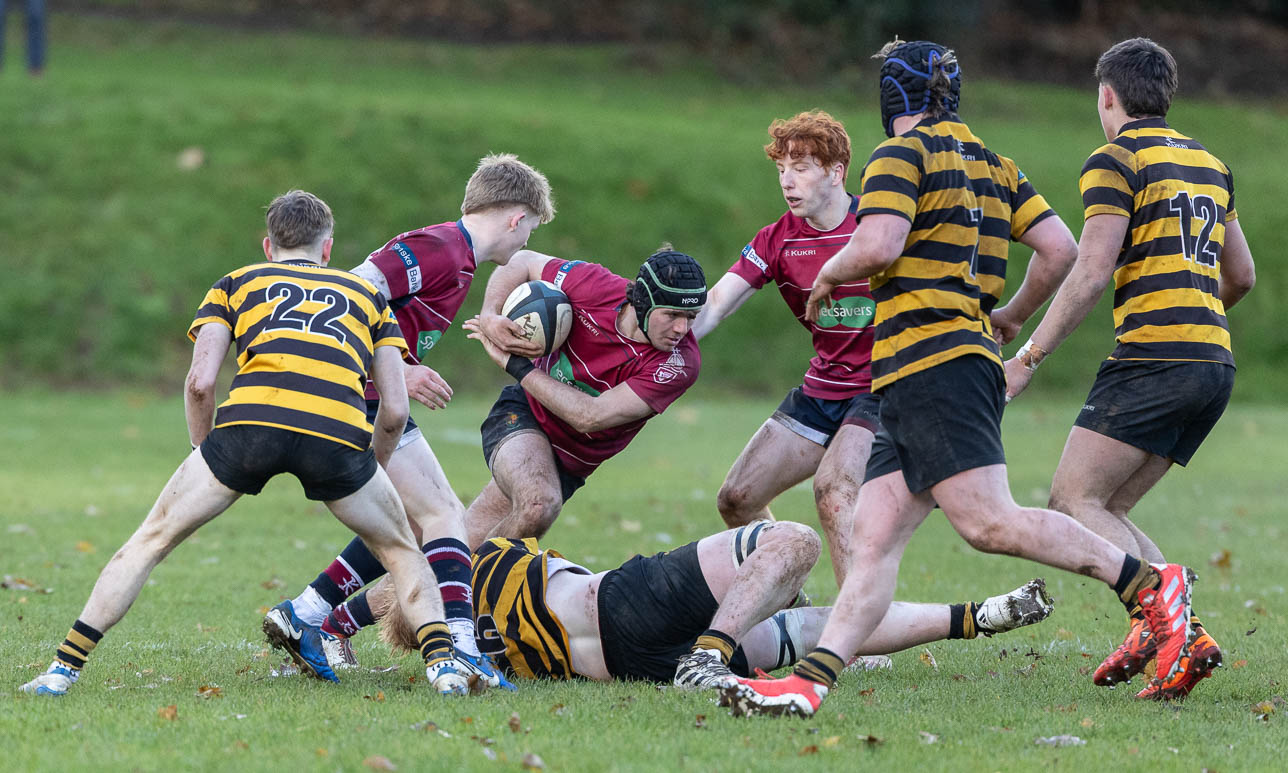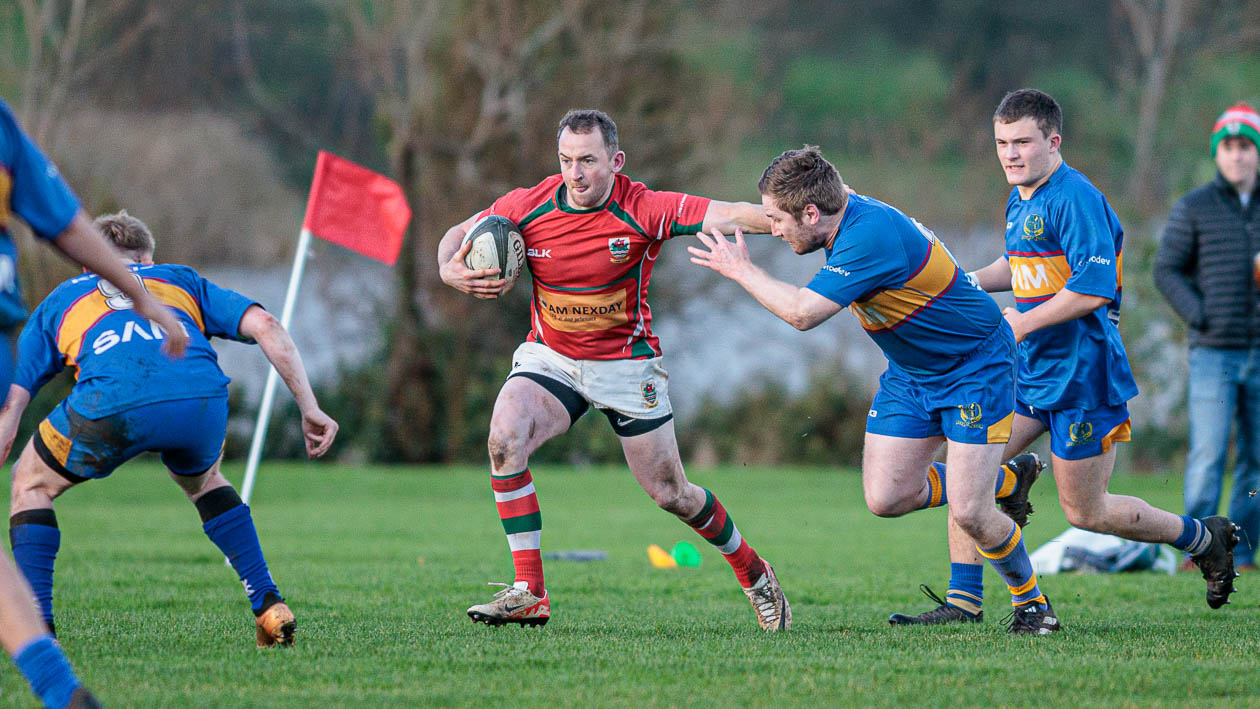The Ireland Women Sevens team recorded a fifth place finish in the Rugby Europe Olympic Qualifying competition in Kazan, Russia over the weekend.
The team recorded four wins from six matches scoring 31 tries and 18 conversions (conversion rate 58%) for a total of 191 points.
They conceded seven tries, three of which were converted for a total of 41 points against.
| Day 1 | Pool C | Ireland | 48 | 0 | Romania |
| Day 1 | Pool C | Ireland | 50 | 0 | Czechia |
| Day 1 | Pool C | Spain | 19 | 5 | Ireland |
| Day 2 | Cup QF | England | 17 | 7 | Ireland |
| Day 2 | 5TH SF | Romania | 0 | 48 | Ireland |
| Day 2 | 5TH F | Ireland | 33 | 5 | Poland |
Good, but not good enough?
Ireland were one of five Tier 1 teams in the competition, the break down as follows.
| Tier 1 | France, England, Russia, Ireland, Spain |
| Tier 2 | Poland, Italy |
| Tier 3 | Germany, Romania, Czechia, Sweden, Moldova |
Ireland defeated all Tier 2 and Tier 3 sides that they played (Poland, Romania (2) and Czechia) but lost against both their games against Tier 1 sides Spain and England.
| TIER | P | W | L | F | A | WIN% |
|---|---|---|---|---|---|---|
| Tier 1 | 2 | 0 | 2 | 12 | 36 | 0% |
| Tier 2 | 1 | 1 | 0 | 33 | 5 | 100% |
| Tier 3 | 3 | 3 | 0 | 146 | 0 | 100% |
They did what they were expected to do against the lower tier sides but were completely outmaneuvered by the Tier 1 opponents. Their inability to raise their game when it mattered was the main problem.
Who did what?
The Ireland squad and the points scored in each of their matches is shown below.
| PLAYER | ROM | CZH | ESP | ENG | ROM | POL | PTS |
|---|---|---|---|---|---|---|---|
| Kathy Barker | 5 | 5 | 10 | ||||
| Megan Burns | 5 | 5 | 5 | 15 | |||
| Stacey Flood | 5 | 5 | |||||
| Louise Galvin | 5 | 5 | 10 | ||||
| Eve Higgins | 7 | 10 | 13 | 5 | 35 | ||
| Brittany Hogan | 0 | ||||||
| Emily Lane | 5 | 5 | |||||
| Lucy Mulhall | 6 | 10 | 5 | 2 | 8 | 31 | |
| A-L Murphy-Crowe | 10 | 15 | 15 | 40 | |||
| Deirbhile Nic A Bhaird | 5 | 5 | |||||
| Audrey O’Flynn | 10 | 10 | |||||
| Hannah Tyrrell | 10 | 5 | 10 | 25 | |||
| TOTALS | 48 | 50 | 5 | 7 | 48 | 33 | 191 |
Amee-Leigh Murphy-Crowe ended the tournament as Ireland’s leading scorer with eight tries giving her a 40 point haul. Eve Higgins was next on 35 points coming from five tries and five conversions.
Where did it all go wrong?
Hindsight is wonderful and we all are wise after the event.
Going into the tournament I hoped for 3rd but expected a 4th place finish with Ireland beating Spain in the final pool game and Poland in the quarter finals before losing to Russia in the semi final and Spain turning them over in the 3rd place play off.
I’d also considered that they could finish second in the group and face England in the quarter final and, with England in a spot of disarray over the Olympic qualifying campaign and the RFU losing a bit of interest in 7s, the English camp didn’t look too settled. As it was, England went out to play with nothing to lose in all games and had one of their better tournaments.
However, Ireland did not play as well as expected. Neither did, my pre-match favourites, France nor did Spain. When all is considered, this was an opportunity lost by Ireland.
There were some mitigating factors.
Coaches changed mid stream
Ireland women started the season being coached by Anthony Eddy, the Director of Women’s and Sevens Rugby. Eddy appears to have placed all his coaching eggs in the men’s sevens programme after the men qualified for the 2020 World Series in April this year, with former Ulster centre Stan McDowell moving in the opposite direction.
After the switch Ireland went from finishing 4th in the Sydney World Series to finishing last in Biarritz after a tournament by tournament decline.
Injury problems
Every side has injury problems but Ireland women’s lack of player development, or lack of faith in the players developed, has made it a particular issue.
I can think of no other team where a player that has not played a competitive game in four months, due to injury, would come straight back into the starting line up.
Poor tactics
Ireland played a fairly basic game. Work hard, reload quickly and look to create space for your runners. Fair enough, it’s the basics of sevens, and it worked against the lesser teams.
However, when they came up against teams that were prepared to work as hard and reload just as quickly, Ireland didn’t create much space. In those games they needed their playmakers, Eve Higgins and Lucy Mulhall, to be playing together, not instead of each other.
In fact the lack of ability to develop the wonderfully talented Higgins, who was player of the tournament in Sydney, is this regime’s biggest failing and making her a bit part player in this tournament was mystifying.


